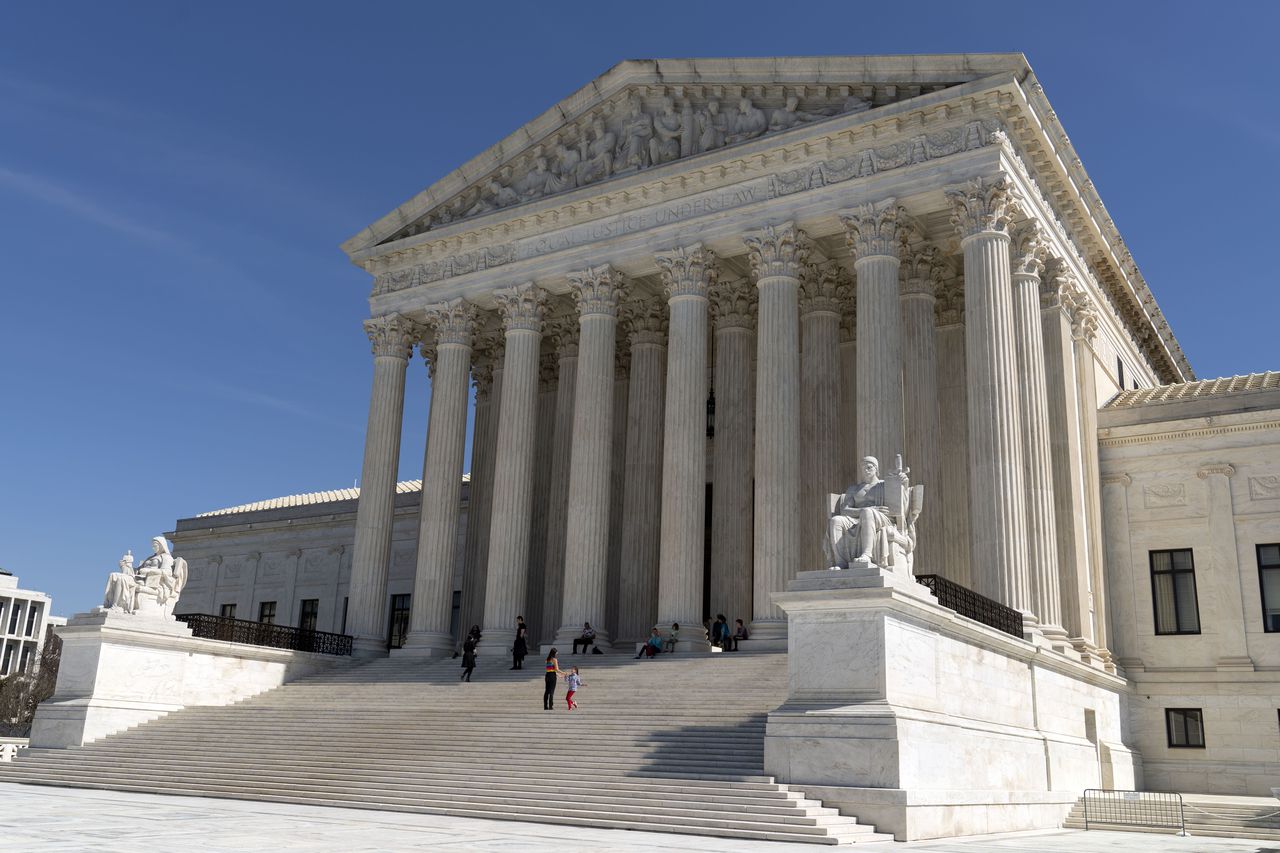Guest opinion: Why some civil rights are conserved and others earned
This is a guest opinion column
Consider the following calls you may hear outside a courthouse: “You can’t take away our right to bear arms!” “They’re coming for your guns!” “The Founding Fathers protected our right to own firearms!”
Now consider these: “Give us the right to vote!” “Let us marry who we want!” “We deserve equal rights!” “My body, my choice!”
The first set are typical responses to any potential threat to the right to bear arms—a protection guaranteed by the US Constitution. The second set consists of calls (past and present) for civil rights—also protected by the US Constitution. So, what’s the difference? I argue it comes down to framing. The reason the pro-gun movement has been so successful is that the Second Amendment is positioned as a right to be conserved while other civil rights must be earned. Gun owners simply continue to keep their guns. Alternatively, women earned the right to vote, same sex couples earned the right to get married, Black Americans earned American citizenship.
These calls to action are framed differently because of how the Supreme Court interprets the Constitution. Nobody argues the significance of the Constitution, but a lot has changed since it was written. It would be logical, then, to take those changes into consideration when interpreting it, right? The current Supreme Court disagrees. They interpret the Constitution based on the original understanding of the text at the time it was adopted. That is, they read the words as they were intended to be understood in 1789. No updates, no refresh button. Perhaps it is not surprising that a conservative court would adopt this ideology. To conserve something means to protect it from change or alteration, and the goal of originalism is to conserve the original meaning of the text.
This interpretation is what gives gun advocates such a strong argument. Gun owners did not win the right to wield AR-15s, they conserved it—even though the AR-15 was an unthinkable technology in 1789. The originalist perspective allows judges to place it under the umbrella of “arms” in the Second Amendment. That way, it represents something you’ve always had but could be taken away—not something you must earn. Women, people of color, and the LGBTQ+ community, on the other hand, have not enjoyed such broad interpretation of the 14th Amendment. Ratified in 1868, somehow, they fell outside the umbrella of “all persons born or naturalized in the United States.” Therefore, when Black men (1870) and then women (1920) won the right to vote, and same sex couples won the right to get married (2015), it was messaged as something the courts awarded them. These groups had to ask for [and march for, and fight for, and die for] something that was, constitutionally, already theirs. But an originalist interpretation made it seem as if these civil rights were generously bestowed upon them.
The upcoming Supreme Court term includes cases on gerrymandering, affirmative action, LGBTQ+ rights, and voting rights—where Alabama is front and center. Arguments for Merrill v. Milligan were heard last month. In the case, Black voters challenged a 2021 congressional map that “packed and cracked” Black communities to dilute their political power. The Court is not expected to rule in favor of the Black voters, essentially sending the message that is acceptable to use racial discrimination when redistricting. Put another way, if the court rules as expected, it will conserve the political power of white voters and make Black voters earn theirs once again.
Colin Gabler is an Associate Professor of marketing at Auburn University and Fulbright Scholar. His research and writing examine the role of marketing and psychology in developing public-policy and addressing social justice issues.
